First there were anonymous letters. Then the floodgates opened
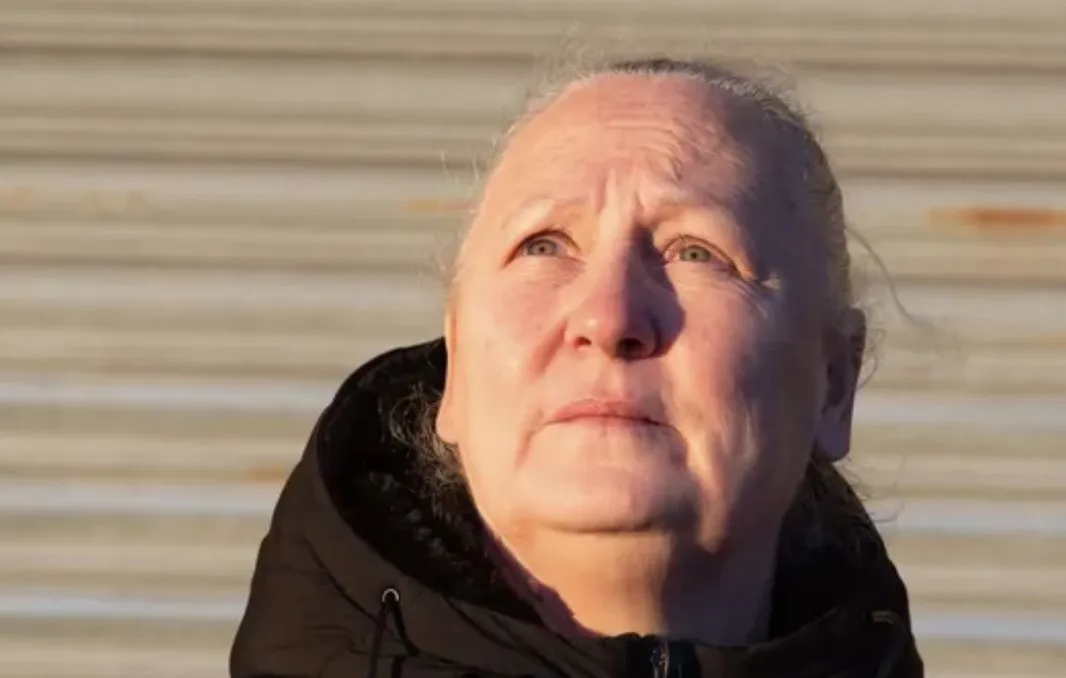
Post Investigation: Paranoia, prayers and tears at the Eldonian Village
For Maureen Price, it all began with the arrival of an anonymous letter. A month later, just over a year ago, the same thing happened again. To this day, she has no idea who sent them. “To tell the truth,” Maureen says, sitting in her living room on a grey October afternoon, squinting as though to flick back through a mental Rolodex of information to a time when all this was new. “I didn’t understand half of it.” Her son advised her not to touch the letters at all. She followed his advice, for a while.
A word of warning, dear reader: you might want to sketch out a diagram to keep track of what follows. This is north Liverpool’s Anna Karenina: a book and a half was left on the cutting room floor. I’ve spent almost five months attempting to untangle a web of personal grievances, long-standing feuds and Land Registry documents at the Eldonian Village in Vauxhall, a pioneering community of social housing that has descended into extraordinary rancour and despair.
The cast of characters is vast: a father who ruled with an iron rod; a returning son; a doorman-turned-media mogul; and a group of residents who rallied to try and stop their village falling apart. But what this is about, at its heart, is a community who built something special, and those who claim that it has been taken away.
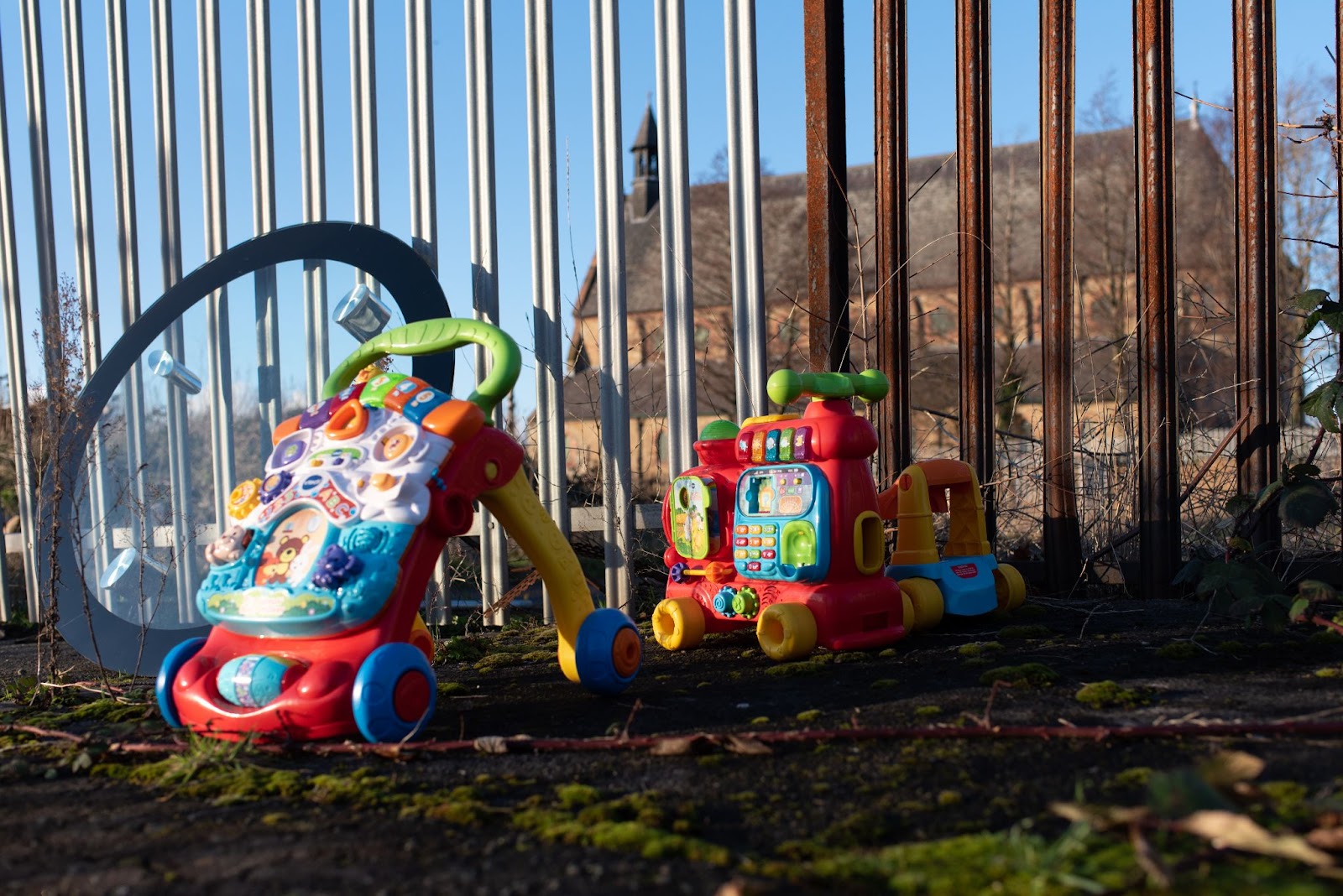
I’ve not been the only one looking into the village. The BBC investigated the situation for roughly a year, and released a revealing radio documentary about it in December. The crux of their investigation, as with ours, focused on the mysterious sales, to offshore companies, of a number of assets once owned by the Eldonian Village — a gym, a bowling green, school land, a nursery, a football pitch and so on — the very things that made it special when it emerged from the rubble of north Liverpool in the 80s.
Eventually, some way or another, almost every piece of property has ended up in the same place: a company called 7 Ruby Road, incorporated in the British Virgin Islands (BVI). The BBC called the movement of assets “a complex daisy-chain of more than 20 companies that stretches from here to the Caribbean”. They noted how some assets “are backed-to-backed — [which] means sold twice in the same day — before moving through other entities in places like Switzerland and Nevis to eventually end[ing] up in the BVI.” As of today, we have no idea who the directors of 7 Ruby Road are. The question residents want answered is how the community’s assets ended up there?
An oasis amid the rubble
Let’s start with the history. The Eldonian Village emerged out of the desperate poverty that befell north Liverpool in the 80s. To those in the area, it’s a story that rolls off the tongue; the decline of the docks, unemployment hitting 36% in Vauxhall, the council planning to bulldoze decaying tenements and disperse their populations across the city.
Amid the despair, one man stuck his head above the parapet: former fork-lift truck driver Tony McGann. McGann rallied his community and devised a plan to build an affordable housing complex on the site of the derelict Tate & Lyle sugar factory. They formed what would become the Eldonian Community-Based Housing Association, and set to work.
Francis Deary, one of the original residents, was in the first meetings with McGann in the early 80s as they built the project with government and council grants. He can recall the words of McGann’s speeches almost verbatim, and the passion in his voice as he spoke: “These houses are not just for us, they’re for our kids and grandkids, that’s why we stick together.”
As the Eldonians’ website reads: “The rest, as they say, is history.”
The village now has rows and rows of neat little red-brick homes. There are roughly 400 in total, and it’s a far cry from the labyrinthine warrens the residents had moved from. The Leeds-Liverpool canal runs through the middle. It’s a quiet place and much of the community is elderly — but it’s a proud place, too. McGann would be dubbed by the Echo in 2017 as “the Scouser who saved his neighbourhood from the bulldozers”.
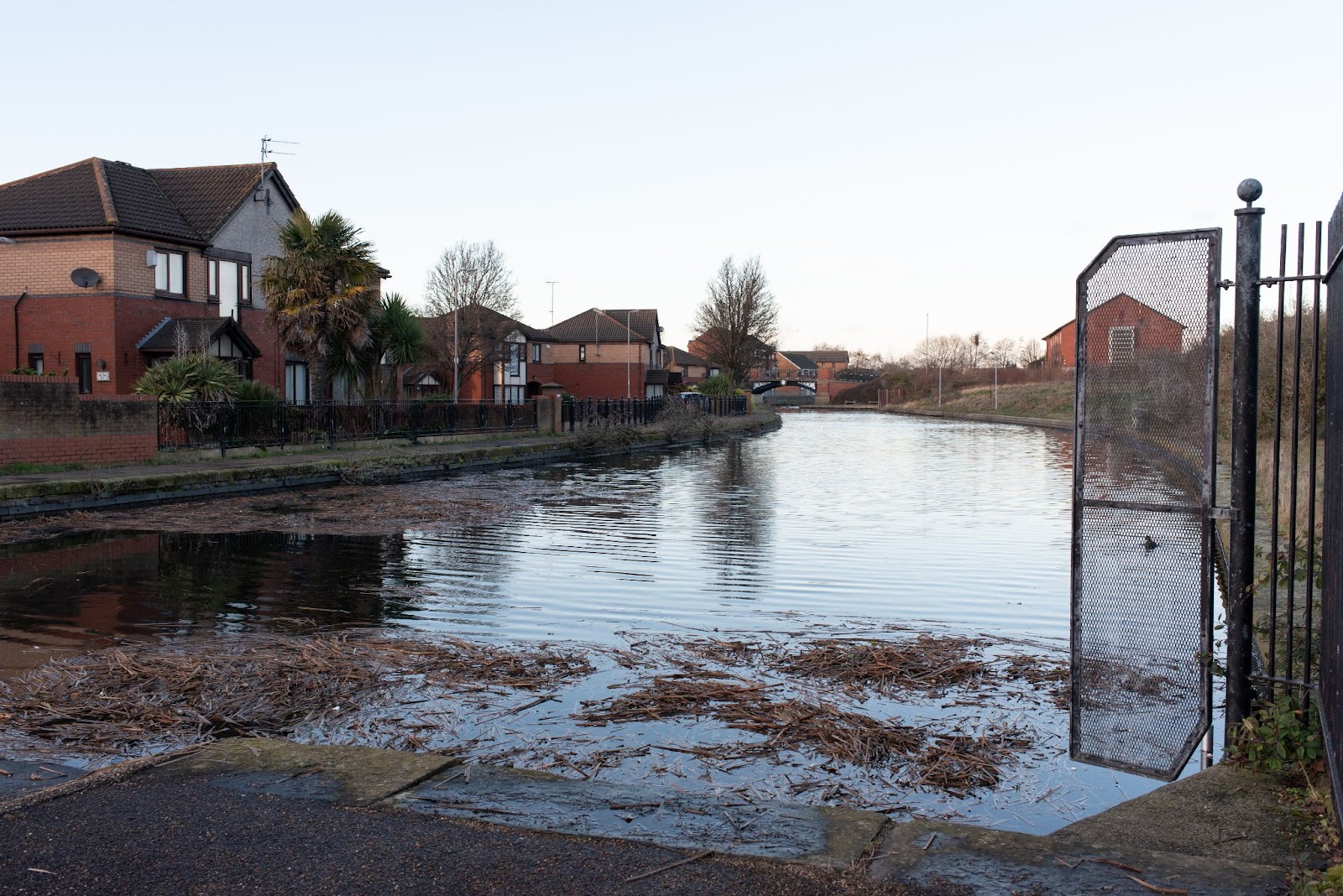
Over the years, the village drew praise from far and wide. McGann dined with Margaret Thatcher at Downing Street, Gordon Brown toured the village in 2007 and even King Charles — then the Prince of Wales — called it “one of the country's leading examples of a successful, community-led bottom-up approach to neighbourhood regeneration”. In 2004 it received a World Habitat Award from the UN, with the judges noting: “Through tenacity, commitment and much hard work they provided quality and affordable rental homes.” McGann received the Freedom of the City in 2017.
Maureen moved into the village in the mid-90s with her two children. The memory that lingers, still, is the grass. Moving from life in the confines of tenements to an estate with actual gardens felt surreal. “I’d barely seen grass except for when we used to go on school trips as a kid,” she says. McGann had created something like a beacon of light.
The purpose was to provide for the residents of the estate from the cradle to the grave. They built a nursery, an old people’s home, a gym, a bowling green — all run for the benefit of the community, not for profit. Because that was the byword, that dwindling thing that the slum clearances had stamped out beyond the village’s perimeters. Writing in a book about the village in 2008, Jack McBane — who was involved right at the beginning — called it “an oasis surrounded by derelict land and run-down housing”.
In August last year, Tony McGann died at the age of 85. Liverpool’s former mayor Joe Anderson hailed a “man who fought the establishment and won”. The flag at Town Hall flew at half mast.
The seeds of disunity
In early autumn last year, I met a source for this story at an upstairs table in the McDonald’s on Church Street. It was the first time I had spoken to anyone about the Eldonians in any depth, and I didn’t expect it to be a major story. Perhaps I would speak to a few residents and we would publish an article reflecting their concerns a few days later.
The source thought otherwise. I didn’t know what I was getting myself into, he said, adding: “You’ll be able to write a book on this one day.” I drank the coffee he bought me — a little unwisely, given my caffeine sensitivity and the fact that it was half four in the afternoon — and 12 hours later, found myself on the Companies House website attempting to make sense of numbers and names and decade-old annual filings swimming in front of me. Very quickly, this would become my life.
It wasn’t just the vast amount of detail this story entails, or its dozens of subplots, most of which — you will be relieved to hear — have been cut from this piece in the service of clarity and the sanity of the Post-reading public. It was also the emotional soap opera I cast myself into by reporting on the world of the Eldonians. Dozens of people wanted to speak to me to pass me information, much of which was impossible to verify and some of which suggested that trust had utterly broken down in the village.
“There are many people here who think you’re a spy,” one person told me. And who was I supposed to be spying for? The son of the village’s founder, Anthony McGann Jr.
McGann Jr is a divisive name in the village. Some of the residents knew him as a boy and then lost track of his life after he grew up and lived elsewhere. According to the people I’ve spoken to, he seemed to reappear in the village during the final years of his father’s life, just as McGann Snr’s powers were waning.
I’ve never spoken to McGann Jr and he did not reply to a series of questions I sent him in early December, so it’s hard to clearly make out what his role in the village has really been. We know from public documents that he was registered bankrupt in 2010, and we also know that his efforts as a wannabe property developer have brought him into conflict with political figures in Liverpool, after a signature development called Eldon Grove never got off the ground. I’ve seen no evidence that McGann is behind the property transfers that have left many of the village’s assets in the hands of offshore companies, but his return clearly ruffled feathers.
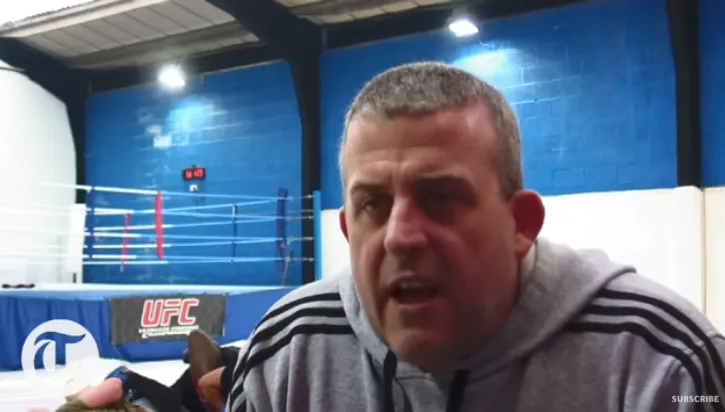
When he showed up in the village a couple of years ago, he explained that he was back to help his father, who was by then in poor health. Members of the board of the housing association remember meetings around the time at which he would speak on his father’s behalf because of McGann Snr’s hearing issues.
It seems that around this time, problems were mounting at the Eldonians. In 2020, an audit report into the running of the housing association concluded that the organisation was poorly run. The report's authors, the David Tolson Partnership, a consultancy practice, concluded that there was “no evidence of robust challenge and scrutiny” to the association’s management.
With a community like the Eldonians, the quality of the management is critical. The way the housing association works is that all residents pay very low rents into a communal pot and any surplus after staff wages and repairs is re-invested into the village. The board dictates how that money is spent, as well as dealing with bungalow allocations. In other words, a lot hinges on who is leading the village.
After the damning audit report, Vauxhall councillor Joe Hanson was appointed to join the board to steer the Eldonian Village back on course. But if that was supposed to be a move that calmed tensions in the community, it certainly didn’t work. According to the people I’ve spoken to, Hanson very quickly clashed with McGann Jr, who vociferously campaigned against the councillor’s presence.
This power battle between Hanson and McGann has been the headline drama at the Eldonians for the past few years — the thing that most of the villagers know about and have seen play out at bad-tempered meetings. In fact, it became so toxic that in the lead up to 2021’s local council elections, banners were hung across Vauxhall and on the Eldonian village hall which said: “Joe Hanson not for us”.
But it’s the drama behind the throne that is arguably much more interesting. And to understand that, we need to reach into McGann’s time away from the village. During that period, he built up a renowned mixed martial arts (MMA) gym in Widnes called Wolfslair with his friend and business partner Lee Gwynn, a former nightclub doorman with the physique to match. The pair gained minor celebrity through their patronage of eccentric MMA star Quinton "Rampage" Jackson, whose success earned the gym a lucrative media deal. Gwynn adopted a lavish lifestyle, boasting to the press about meals out in California with Mike Tyson and Floyd Mayweather and travelling with Liam Neeson.
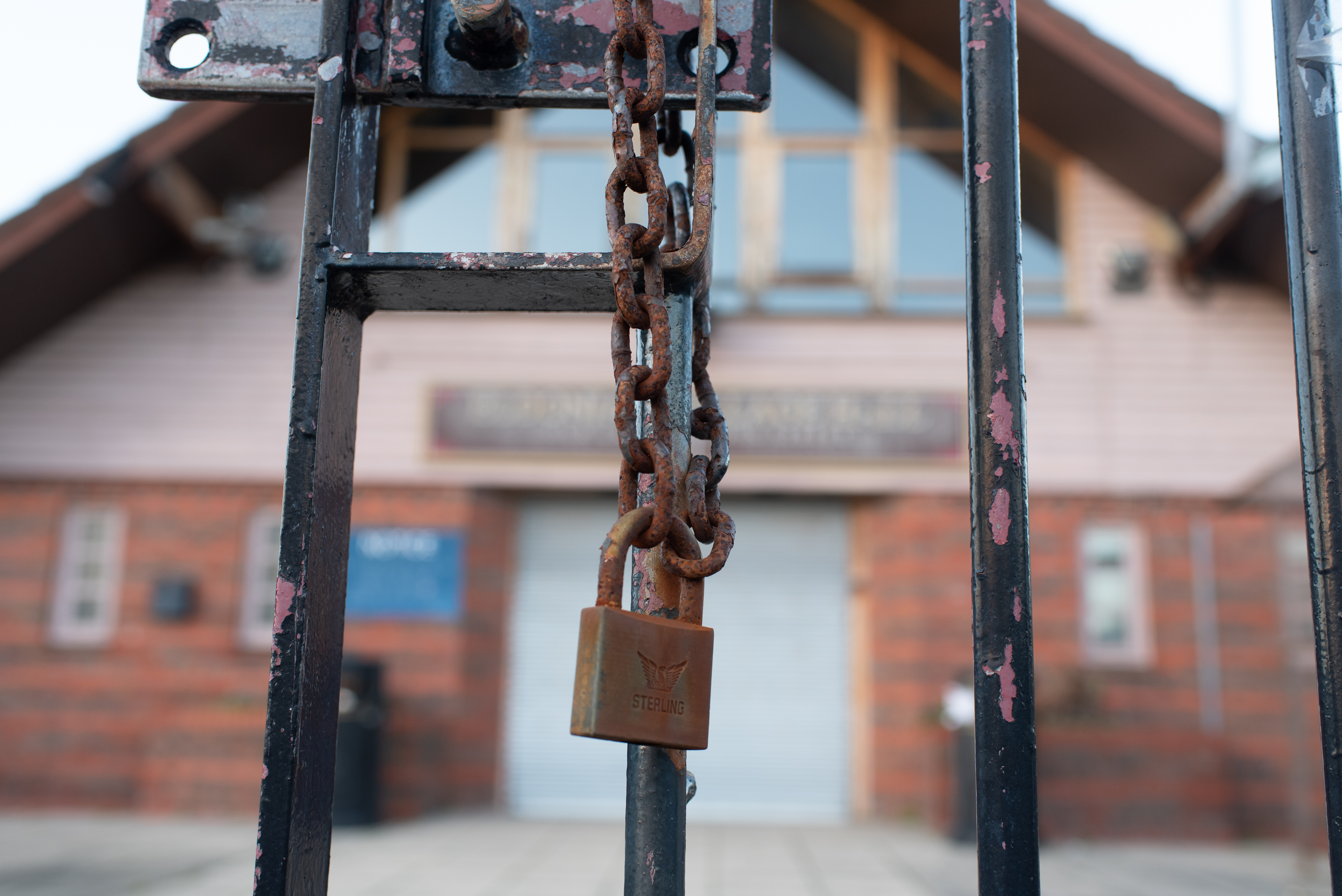
Intriguingly, it seems that from at least 2014 onwards, Gwynn’s family became involved with the operation of the Eldonians. His father Howard became a director of Eldonian Group Ltd, a company that was started as a subsidiary of the Eldonian Community Trust charity and which ran several sites in the village on the charity’s behalf. Again, I’ve pulled at this thread over recent months with mixed results — and the Gwynns have not responded to my requests for an interview or answered my questions. But along with McGann Jr, it’s clear that the Gwynns had become important players.
Then came the moment that the power in the village seems to have shifted decisively. Conflict between McGann Jr and Hanson in March 2021 resulted in Hanson resigning from the board of the housing association. Extraordinarily, the rest of the board resigned too, saying they felt uncomfortable about the presence of McGann Jr and what they felt were his attempts to influence board decisions.
If they thought the mass resignation would force the council to step in and steady the ship, the move backfired. A new board was soon appointed, including McGann Jr’s brother-in-law. Oh, and Lee Gwynn, McGann’s good friend and business partner, became the chair of the housing association. Gwynn seemed a strange choice for chair: his was a name few residents even recognised and he lived miles away. Things would only get stranger from there.
Things fall apart
In September last year, residents turned up to a Special General Meeting (SGM) to find the doors of the village hall blocked by doormen. Rumours spread through the village that they were cage-fighters known to McGann from his MMA connections. It transpired that in the days before the meeting, the shareholder list had been flooded with dozens of names, mostly relatives and associates of the McGanns and Gwynns. Meanwhile, when Maureen and, it appears, numerous other residents applied to become shareholders, they never heard back.
Maureen says she and a number of others had become “really concerned” about how a band of outsiders seemed to have taken control of their village. By the time of the SGM, a number of meetings involving residents and the new board had turned hostile, with one long-term resident appealing at one meeting that the board needed to go. The atmosphere became so tense that at one stage a private security firm was called in to roam the village at night and ensure order.
On the night of the meeting, several residents say they were blocked from entering by the doormen. Those who did get in noticed how two cliques seemed to have formed. The larger one, consisting of the new shareholders and associates of the McGanns, was on one side; then a smaller group huddled on the other side, consisting of actual residents. Several of the residents allege they were made to feel intimidated at the meeting. An 80-year-old woman on a zimmer frame approached McGann Jr and said: “I had always admired your father, but not you.” As she walked away, the group allegedly jeered and sarcastically clapped her. According to Maureen, a friend had to be called to pick her up because she was “shaking with rage”. Before the SGM could conclude, the residents decided they had had enough. They walked out en masse in protest.
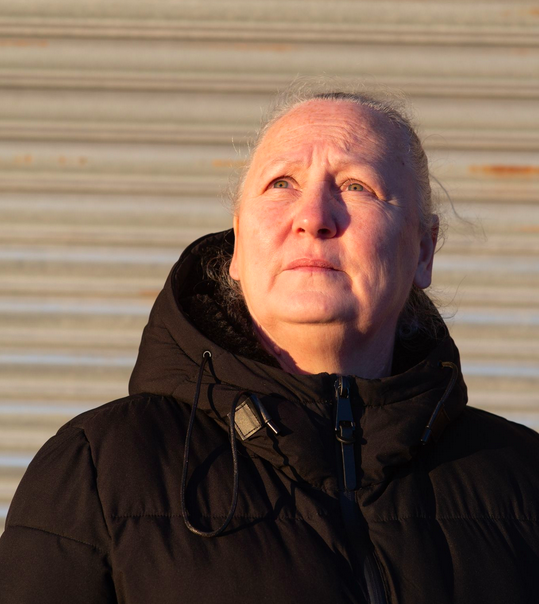
McGann Jr has not responded to our questions about this incident, neither do we have Gwynn’s account of a tense council selection meeting in 2021. It is said that Gwynn stormed out when Hanson won a vote, allegedly confronting a teenage attendee at the meeting and telling him to “come outside”, prompting someone to call the police. As with McGann’s silence, Gwynn’s decision not to speak to The Post leaves gaps in the story and means that what we’re able to report comes heavily from people who are not sympathetic to the McGann-Gwynn faction, an unsatisfactory outcome, but far from the only area of this story that remains — to my mind at least — somewhat murky and unresolved.
On 7 November 2021, two months after the chaotic SGM, another meeting was held, this time at the local Church of Our Lady of Reconciliation. But reconciliation wasn’t in the air.
Kim Johnson MP was there in the hope that her presence and the church setting could quell the growing hostilities in the village. After Johnson finished speaking, McGann Jr stood and said: “I need to speak”. He shuffled between the pews waiving aloft a sheet of paper. “I need to speak,” he repeated. But before he could begin to deliver his address, the residents once again vacated the room in protest. As backs turned on McGann Jr for a second time and people filed out, he is said to have shouted: “You’ll regret this.”
They already had plenty to regret. With the shareholder list now dominated by associates of the new board, a new constitution was drafted. One of the terms: the housing association would now be able to borrow up to £1 billion secured against its current assets, namely the homes of the people living in the village. Moreover, the AGM was relocated to Knutsford, a wealthy Cheshire town, far from the village. As a man who grew up in the area at the nearby Portland Garden tenements, Brian Jones, says, “some of the residents wouldn’t even be able to afford the bus fare to Knutsford”.
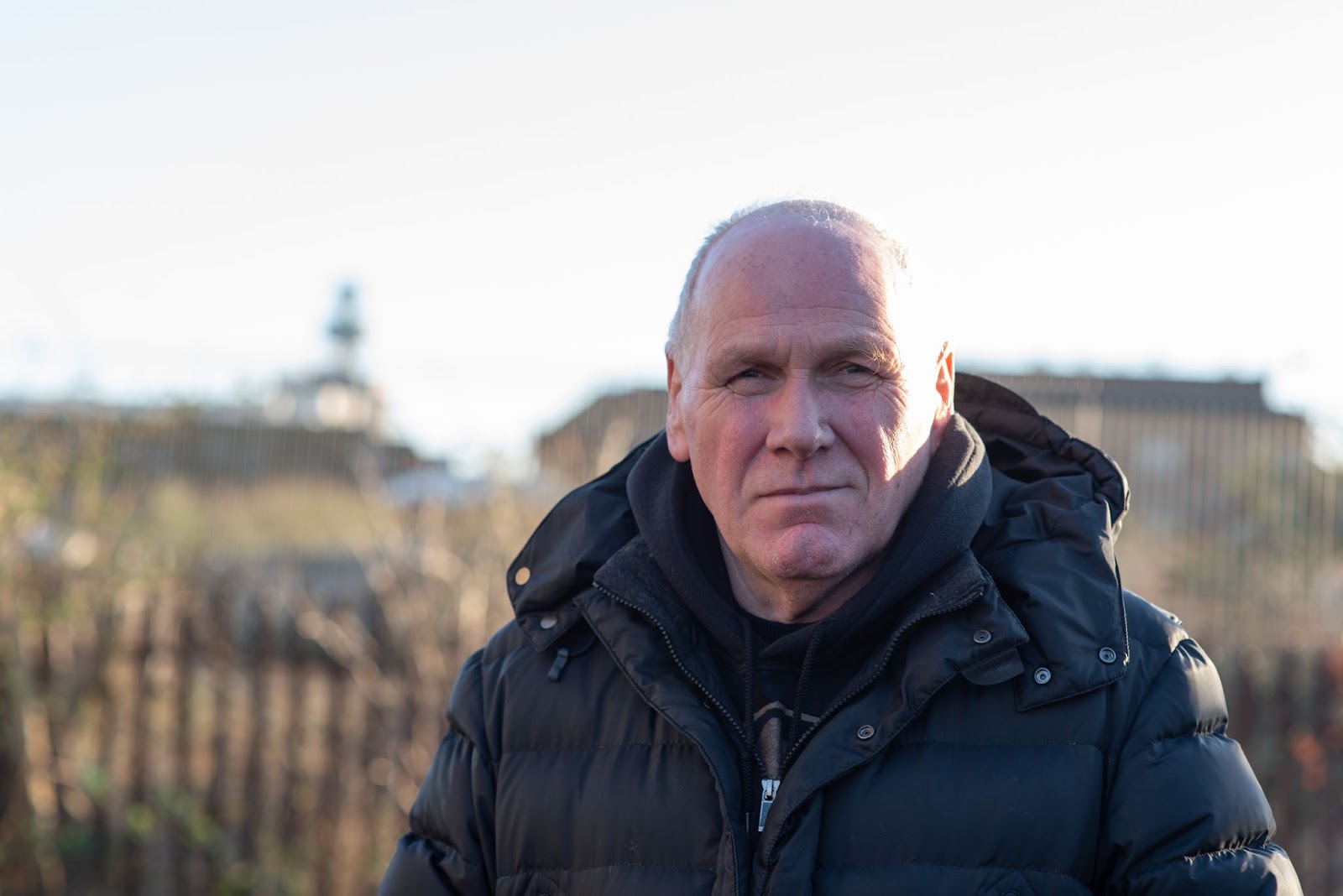
At this point, with tensions seemingly at fever pitch, the grenade dropped. On a November morning in 2021, residents across the village awoke to the first of the two anonymous letters. It wasn’t just residents either: the list of addressees was wide and varied: housing and communities secretary Michael Gove, Kim Johnson, metro mayor Steve Rotheram, journalists at the Echo and Guardian, city mayor Joanne Anderson and so on.
The letter listed in depth a number of sites, all of which had been set up by or gifted to the Eldonian Community Trust charity, specifically for the benefit of the community and not for profit, that had been sold off from the community.
For example, the site of the former primary school — which had been handed over by the Archdiocese as a gift in 2009 — had been sold. As it turned out, the Archdiocese had given the disused land after being promised by McGann Snr it would be used for “phase two” of the Eldonian Village. Parish priest Father Peter Sibert was thrilled at the time — it would mean the expansion of the city’s most inspiring social housing project. What Sibert didn’t realise is that on the very same day the site was transferred to the charity Eldonian Community Trust, it was passed on to another company called Eldonian Group Ltd. Howard Gwynn, father of Lee, would later become a director of Eldonian Group and the lease was transferred for £1 to a company called Banaras Holdings based on the Caribbean island of Nevis in 2018.
The Eldonians Nursery — set up for the children born into the community — had been sold off too. It was later moved to a company called 7 Ruby Road Ltd in 2020, incorporated in the British Virgin Islands. The nursery was meant to be run for the community, making it accessible to one of the poorest areas of Liverpool. It is now controlled by an offshore firm.
A site where the now-demolished bowling green and sports centre once sat — built “in 1998 in response to the health needs of the community” in McBane’s words — was disposed too, by Eldonian Group in 2017. It now belongs to 7 Ruby Road. A massive lease covering the site was sold to a company called Chisenhale Ltd for £1. Howard Gwynn was a director of Chisenhale Ltd, as well as of course being a director of Eldonian Group Ltd. The nearby land of the car park and the five-a-side football pitch also now belongs to 7 Ruby Road.
In short, via a complex and borderline impossible-to-follow series of transfers, somehow or another, almost all of the sites eventually wound up in the hands of 7 Ruby Road in the BVI, according to the BBC’s reporting. We do not know who the directors of 7 Ruby Road are. All of the above matters have been raised with the Eldonian Community Trust, but we have received no response.
The cherry on top: it transpired that the land of the Eldonian Village Hall had been sold by an offshoot company of the Eldonian Community Trust to the housing association for £292,000 in 2018. A letter seen by The Post sent by the Charity Commission to the ECT asks trustees to account for those proceeds.
Resident Paul Burns describes the once-heralded village as a “bit of a shithole” now. In short, several sites, established for the benefit of one of the poorest areas of Liverpool, have been disposed of. Looking at the place and the potholes in the streets, you’d not think much money has been put back in return. Not that it’s about money. What residents want is a nursery, a bowling green, a gym and a care home. They want a village hall too; their one — the one that was used for “decades of weddings, wakes, baby showers and family gatherings,” according to Francis Deary — now mostly sits empty. They want what they set up originally: a community.
‘It’s best not to speak ill of the dead’
Christmas Day 2021, Maureen awoke to find the words “Maureen’s a grass” scrawled in graffiti on a wall near her home. She knew what it was about — she had told residents at a meeting that she had alerted the police about the mass transfers of the village’s assets. But it was an example of just how toxic this once-peaceful community had become. And it wasn’t a one off. Residents we spoke to told us about receiving hang up calls in the early hours of the morning and seeing strange cars parked outside their homes late at night. Were these incidents real or had the paranoia of the Eldonians psychodrama set in?
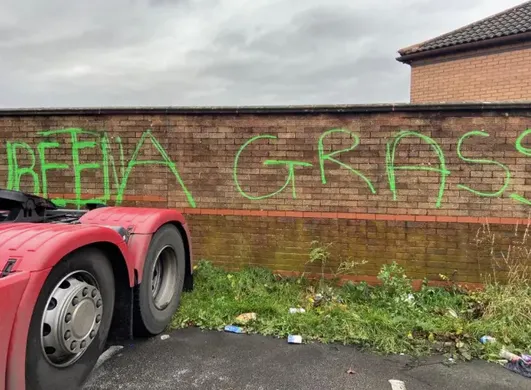
All the claims in this article have been put, by The Post, to the Eldonian Community-Based Housing Association and Eldonian Community Trust. Neither sent us a reply that addressed our questions. We did receive a letter from Mishcon de Reya, the law firm that represented Princess Diana in her divorce from the now King of England (and known fan of the Eldonian Village), telling us they had been instructed by the Eldonians. The BBC did receive a response — they were told that the land was disposed with a heavy heart as a result of financial difficulties in 2017 and that they have “no influence” on where it has now gone.
It’s now over a year since the letters arrived. Brian describes the mood in the village now as “pure desperation”. A key question remains unanswered. Who exactly was coordinating these transfers? The truth is, no one quite knows. The highly complex web of transfers includes many companies, most significantly 7 Ruby Road, in whose hands most of the land ends up, and whose directorship cannot be viewed.
Tony McGann Snr was of course present through all of it, and the question of his involvement casts a long shadow. Rifts have formed: those who remain unwilling to accept that the founder of their community could have sanctioned the sale of land and those who put the blame firmly at his door. Families who have been friends since the 80s won’t speak to each other because of it and there are certain pubs certain people will no longer frequent. Others keep their words to themselves. “It’s best not to speak ill of the dead,” one says.
The government’s social housing regulator, who are currently investigating the situation, have been given all the evidence detailed in this article and produced a damning audit of the village in 2021, which said it “lack[ed] assurance that Eldonian CBHA is adequately managing its financial resources and any potential conflicts of interest.” We asked them for an update and they told us the housing association was “non-compliant with our regulatory standards and it needs to resolve the issues we identified.”
We also reached out to the Charity Commission, explaining what had occurred. They said: “We are aware of potential concerns at Eldonian Community Trust Limited and are assessing information to determine whether or not this is a matter for the Commission.” In the BBC’s documentary, they note that the Charity Commission has now “opened a regulatory compliance case into the Eldonian Community Trust Ltd to examine serious allegations about the charity's governance and its management.” They also told the BBC they had written to all the trustees but there is no finding of wrongdoing at this stage.
Last week I sat in the Church of Our Lady of Reconciliation, a place of huge significance to the Eldonian Village, as Maureen read aloud a summary of what had occurred. There were several audible gasps. At times she looked close to tears. It was hard to blame her. As usual, Liverpool had fostered something beautiful, then stripped it for parts. When she rallied residents to fight to win their community back, that was all she could promise. The golden days of awards and royal visits were over, and the applause felt hollow. Perhaps the village had finally run its promised course, from cradle to grave.
Get get The Post’s journalism in your inbox every week, join our free mailing list below.
Comments have been turned off on this story. Contact the reporter: jack@livpost.co.uk.

Comments
Latest
‘Cutthroats and sell outs’: An editor’s note about Laurence Westgaph’s threats
Ian Byrne: Why the country — not just Liverpool — needs the Hillsborough Law
The ‘charisma bypass’: Why Liverpool’s leaders are so forgettable
The Mersey’s clean-up cost £8 billion. So why is it still so dirty?
First there were anonymous letters. Then the floodgates opened
Post Investigation: Paranoia, prayers and tears at the Eldonian Village